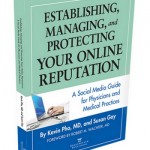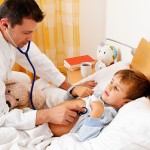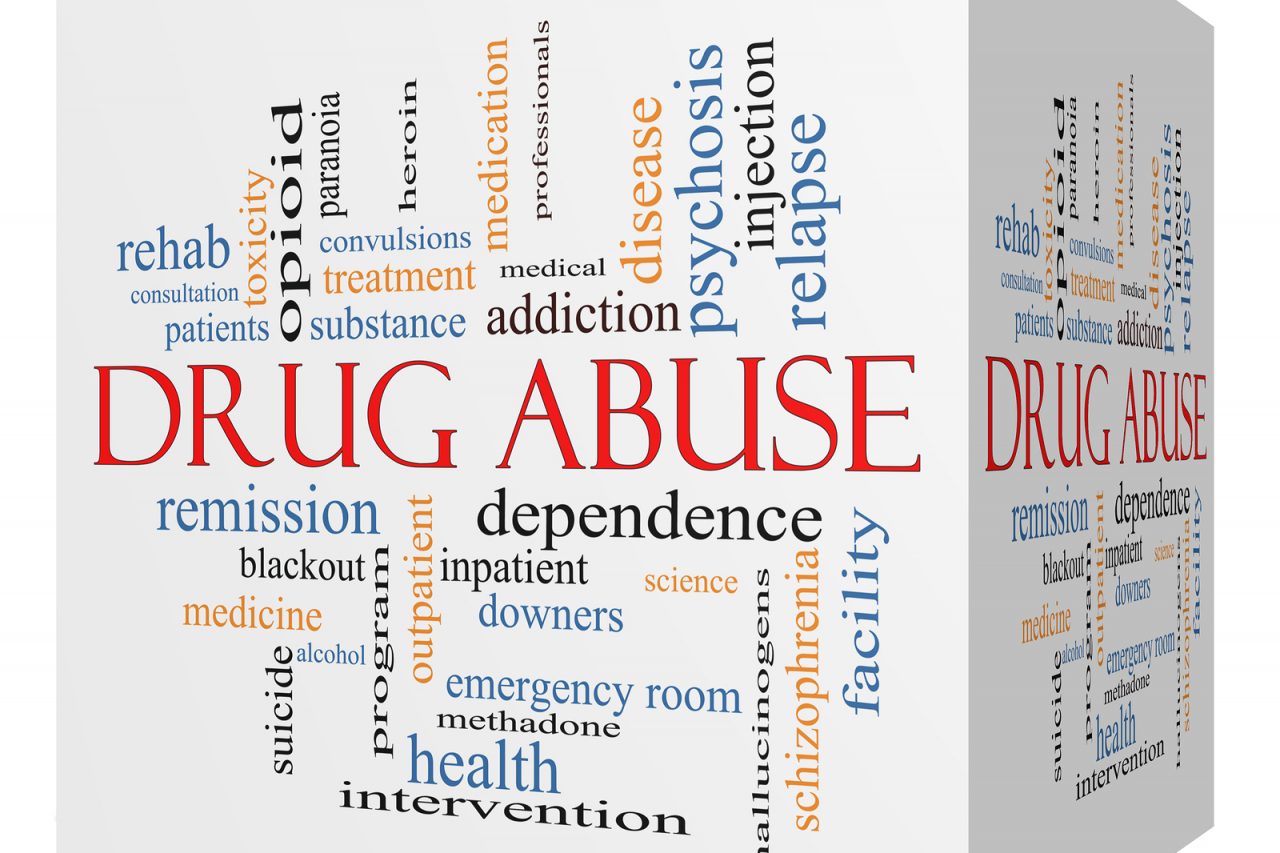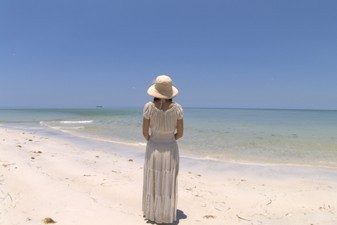Sue wondered if all doctors subscribe to the same magazines, buy the same cheap furniture, post the same worthless insurance information. She wanted to throw it all through the receptionist window. The second opinion was a waste of time and she had little of that. She was there to make her family happy, but was upset they could not cope, that they were not ready to face the truth, and so she would go through humiliation and fear… again. Bad enough to die; worse to make big thing of it.
Her oncologist had been honest and direct. Sue’s cancer had spread to lymph nodes and in lethal pebbles throughout the opposite lung. Stage IV. No surgery possible. Too much to radiate. Chemo might bruise the cancer, but offered no cure. “How long do I have to live?” Sue had asked. “Three to six months. Three without chemo and maybe six with. You need to get your affairs in order.” Tough, realistic and focused, Sue had everything in order in three days. Will renewed, Advance Directive complete, even funeral home arrangements ready. Now just one thing to do…die. Sue had lived a wonderful life and it was over.
Her son arranged a second opinion consultation with a pulmonary neoplasm expert at a “world class” tertiary care cancer center, that “wrote the book” on how to treat lung cancer. Very exciting, heady stuff. Sue refused to go. She drew the line at traveling to hear the same dire pronouncement. A meeting with a local oncologist, just a mile from her house, was scheduled. A compromise that left her feeling compromised.
Husband, daughter, son and Sue crowded into the exam room, each with their own list and agenda. When the doctor entered, he seemed to focus entirely on Sue. Oh, he shook everyone’s hand, spoke to each, and answered all questions. However, his gaze was on Sue. He seemed to be measuring her, studying her, trying to figure her out. Maybe even a little spooky. Moreover, he asked odd questions. Was she spiritual? What were her hobbies? How many grandchildren? About what was Sue passionate?
Still, she had that cough. The x-ray showed pebbles. The pathology report said cancer. Surgery was impossible. Radiation a bad idea. Chemo almost as worthless as sand castles in a hurricane. Stage IV cancer. Just one thing left to do.
“Doctor, we need to know the prognosis. How long am I going to live?”
“Do you really want the answer?”
“Yes. “
“Well, Sue, you have a cancer that can not be cured. You have a cancer from which you will probably die. I have no idea how long you have to live.”
“I was told less than six months.”
“That might be right. Might be wrong. Statements about time and life are much more up to God than me. Really, look at the research; the only time doctors are good at predicting survival is during CPR. However, I can tell you this. Right now, today, tomorrow, you are alive. How you live that life and how long, is up to you.”
“I don’t understand.”
“Well, you can say, “Hey, I have cancer; I know what that means,” and go home, turn out the lights, and wait in a corner to die. If that feels right, that is OK. Or else you can decide not the play the “cancer patient” role at all.”
“How would I do that?”
“You would grab each moment, love every sunrise and jump into each day. Revel in the life you have. Exercise. Eat. Fight. Get out and celebrate.”
“But, the cancer will still be the same.”
“Perhaps. But, you can live the time that remains, and not die while still standing.”
The second opinion for the cancer was unchanged. However, to Sue, the prognosis was different. She went home and cried for a long time. She decided that her affairs, after all, were not in order. There were people to see, places to go, things to learn, letters to write, cookies to bake, prayers to say and wind to feel on her brow.
Sue died not long ago. The lung cancer did not stop. Nevertheless, in those four years since the diagnosis, Sue rejoiced. She celebrated daily smiles, family travails, dry Thanksgiving turkeys, the moon on Caribbean waters, 43 books, long walks with blisters, bad April fool jokes and two grandchild births.
The medicine that kept Sue alive was not in a bottle. It was an elixir from her soul. She learned that those last years were not a part of death. Sue healed and gained strength because she decided to live. Whatever tomorrow might bring, sunrise or sunset, this moment, right now, is infused with the glory of life.







22 Comments